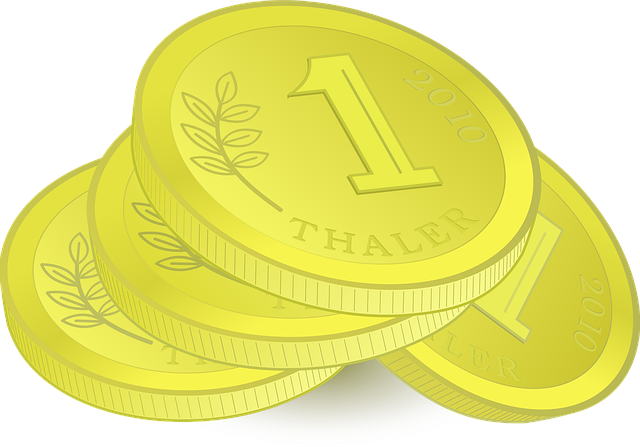Title loan financial inclusion provides an alternative lending option for those overlooked by traditional banking systems, using vehicle titles as collateral. This flexible and ethical approach offers quick access to capital with less stringent credit checks, benefiting low-income earners, the unemployed, or those with no credit history. By promoting responsible borrowing, it helps underserved communities avoid predatory lending practices and achieves sustainable financial futures.
“Title loans, often overlooked, present a unique path towards financial inclusion, offering an alternative lending solution for those traditionally marginalized. This article explores how these secured short-term loans can empower borrowers by providing access to capital without the stringent requirements of conventional mortgages. We delve into the ethical dimensions of the industry, highlighting responsible practices, and examine how innovative title loan alternatives foster financial stability while ensuring borrower protection.”
- Unlocking Access: Title Loans and Financial Inclusion
- Ethical Considerations in Short-Term Lending
- Empowering Borrowers: Benefits of Title Loan Alternatives
Unlocking Access: Title Loans and Financial Inclusion

Title loans have emerged as a powerful tool for enhancing financial inclusion, providing an alternative lending option for individuals who may be overlooked by traditional banking systems. These loans, secured against an individual’s vehicle title, offer access to capital for those with limited credit history or poor credit scores. By leveraging an asset they own, such as a car, individuals can gain approval for a loan and receive much-needed funds quickly. This is particularly beneficial for low-income earners, the unemployed, or those with no credit, who often struggle to access conventional loans from banks.
The appeal of title loans lies in their flexibility and accessibility. Loan eligibility isn’t based solely on creditworthiness, allowing more people to qualify. Additionally, these loans offer a range of flexible payment plans, catering to diverse financial needs and ensuring borrowers can manage their repayments without added stress. This ethical alternative promotes financial stability and empowerment by providing individuals with the resources to navigate unforeseen expenses or pursue opportunities that might otherwise be out of reach.
Ethical Considerations in Short-Term Lending

In the realm of short-term lending, ethical considerations are paramount to ensure equitable and responsible financial inclusion. Traditional loan options often come with stringent requirements that can exclude individuals and families who need quick access to capital the most. These barriers can perpetuate a cycle of financial strain for those facing unforeseen expenses or urgent needs. Title loan financial inclusion emerges as a game-changer in this context, offering an alternative that prioritizes accessibility and flexibility without compromising ethical standards.
By focusing on title loans, lenders are able to provide loan approval based on the value of an individual’s asset, such as their vehicle, rather than relying solely on credit scores or employment history. This approach not only expands access to capital but also ensures fair loan terms that allow borrowers to manage repayment according to their financial capabilities. A transparent and ethical lending environment fosters trust between lenders and borrowers, promoting a sustainable and positive impact on the overall financial health of underserved communities.
Empowering Borrowers: Benefits of Title Loan Alternatives

Title loan financial inclusion offers a promising path for borrowers seeking emergency funding without the stringent loan requirements of traditional banking systems. These alternative financing options empower individuals by providing quick access to capital, often with less stringent credit checks and flexible repayment terms. This is particularly beneficial for those with limited or no bank account access, who can now tap into their assets—such as vehicles—to secure a loan through a title transfer process.
By utilizing this innovative approach, borrowers can avoid the ethical concerns associated with predatory lending practices common in the title loan industry. Traditional title loans often trap individuals in cycles of debt due to high-interest rates and harsh penalties for late payments. However, alternative financial products promote responsible borrowing by offering transparent terms, reasonable interest rates, and options tailored to individual needs, ensuring a more sustainable financial future for borrowers.
Title loans, while offering quick access to capital, raise ethical concerns. By exploring alternative models like ethical short-term lending and financial inclusion initiatives, borrowers can gain greater control over their funds without falling into debt traps. These innovative approaches aim to empower individuals, ensuring responsible borrowing and long-term financial stability. Title loan financial inclusion is a step towards a more equitable and sustainable economic landscape.






